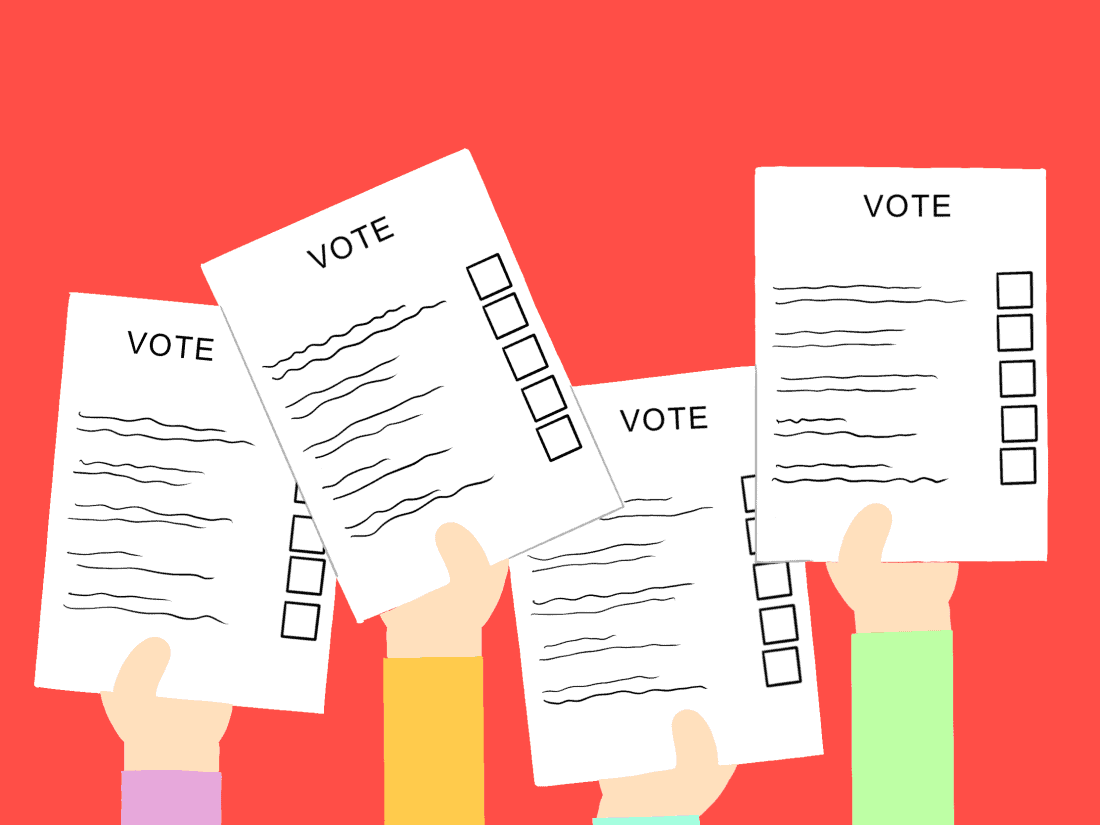
Fall brings with it the anticipation for many things — the start of a new school year, the first football game and of course, scrumptious pumpkin pie. But for me, another kind of anticipation has been building for nearly a year now. On Oct. 21, I will have the opportunity to vote for the first time.
My excitement is insatiable, which means almost every conversation I’ve had since the start of the school year — whether that be with new people or old friends — is opened with the question, “Have you registered to vote?”
In one such conversation, a fellow student asked me an honest question, “Does my vote even count?”
I’m sure this question has crossed many of our minds, and it’s not surprising. It seems to me that politics have failed to engage young people, resulting in a historical under-representation and exclusion of young people from the electoral process.
Just take the Saskatoon–University riding — how much time have candidates taken to get to know students on campus?
The 2019 election marks an important moment: for the first time, young people — millennial and Generation Z voters — make up the largest voting bloc in the country. That’s us! With the numbers behind us, we have the power to bring light to the issues we care about.
That’s precisely the reason why I got involved with Future Majority, a national nonpartisan organization with the goal of engaging young people in the democratic process. Being in the leading position of canvassing at the University of Saskatchewan campus, I’ve been having many conversations with young people about their concerns and have been encouraging them to pledge to vote.
A common theme from these conversations are students expressing uncertainty as to whether their concerns are valid in a federal election.
Of all the issues that affect us as a generation — the insane cost of living, constantly increasing tuition, inequalities and lack of climate action, for starters — the government plays an important role in addressing them.
Moreover, these issues are nonpartisan and they must be acknowledged and addressed by every party. For example, the rising cost of tuition, an issue that affects access to education, means students have to work jobs — often more than one — to make ends meet and are still leaving school with significant student debt.
I know this issue deeply resonates with my friends and fellow students on campus, as it does with students across the country. So, why don’t all parties and candidates have a plan to address the cost of tuition and student debt?
Working with Future Majority has been a powerful reminder that we young people are concerned about the future of our country and we are listening.
But to elect accountable governments that are willing to recognize our concerns and fight for them, we must engage in the political process beyond casting our votes. We must attend town halls, have conversations with our friends and family about politics and become informed of who is running in our riding. We must find what matters to them as candidates and how they plan to include young people.
Everyone has the right to engage with the political process. So let’s show politicians that in order to get elected, they must meaningfully engage with young people across Canada. Treat this election as a midterm that counts towards your academic career — because our individual success in voting matters to our country’s success as a whole.
—
Vaidehee Lanke
Graphic: Shawna Langer/ Graphics Editor
Leave a Reply